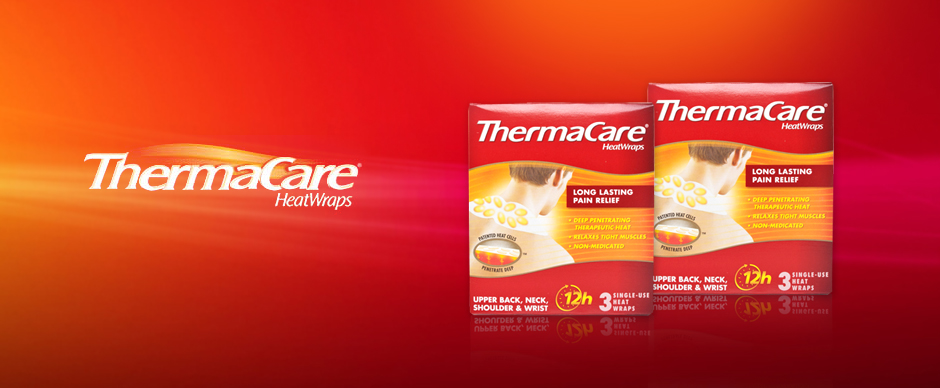
All about muscular pain
Pain to the muscles (also known as musculoskeletal pain) is a common type of pain that can affect the muscles, ligaments and tendons. Most people will have experienced painful, sore muscles at one point or another as it is quite a common problem. The pain varies depending on the impact of damage and where in the body it is experienced.
The most common type of muscular pain is tight muscles in the upper portion of the body such as the shoulders, neck and back that can cause pain, aches and stiffness. Other top causes include tension, stress, overuse and minor injuries that are often a result of physical activity. Muscle pain is localised, affecting just one or a couple of muscles in one area. If muscular aches are felt all over the body, this is determined as ?systematic muscle pain' and is more often a result of infection, illness or side effect from medication.
Causes of muscle pain:
- Overusing the muscle during physical activity, particularly if you've increased the intensity or length of your workouts or exercise
- Participating in an activity your muscle is not used to, like running a marathon if you're only used to running a few miles at a time. That's why it's recommended to ease yourself into a new activity
- Injuring the muscle through physically demanding activity, as this can result in a sprain or strain
- Illnesses like influenza can cause muscular aches
- Trauma to the muscle, which can be caused by jerking movements, accidents, falls, fractures, sprains, dislocations and direct blows to the muscle
- Postural strain that could be a result of sitting at your desk, driving or sleeping in an awkward position for a prolonged length of time
Treating muscle pain:
Thankfully, muscular pain is easily treated and relieved. People will have different preferences to how they treat their aches and pains and some may find that different methods work best on different areas of the body.
- Medications like Non-Steroidal Anti-Inflammatory drugs (NSAIDs) can help to reduce pain and relieve inflammation in the affected area
- Performing a range-of-motion and strengthening exercise while pain symptoms are present
- Avoid strenuous physical activity and move onto low-stress exercise like walking or swimming
- Make sure you correct your posture while standing and sitting to ensure comfort at all times and prevent damage occurring again
- Maintain normal activity to keep the muscles working and moving
- A lot of people find that applying heat to the area will soothe and ease aches and pains. Use a product like ThermaCare Heat Wraps that are applied to the area in order to directly apply heat
- On the other hand, a cooling sensation can also have a similar effect at relieving aching and tight muscles. Thermacare ColdWraps provides a comfortable cool feeling without the icy shock of ice packs

